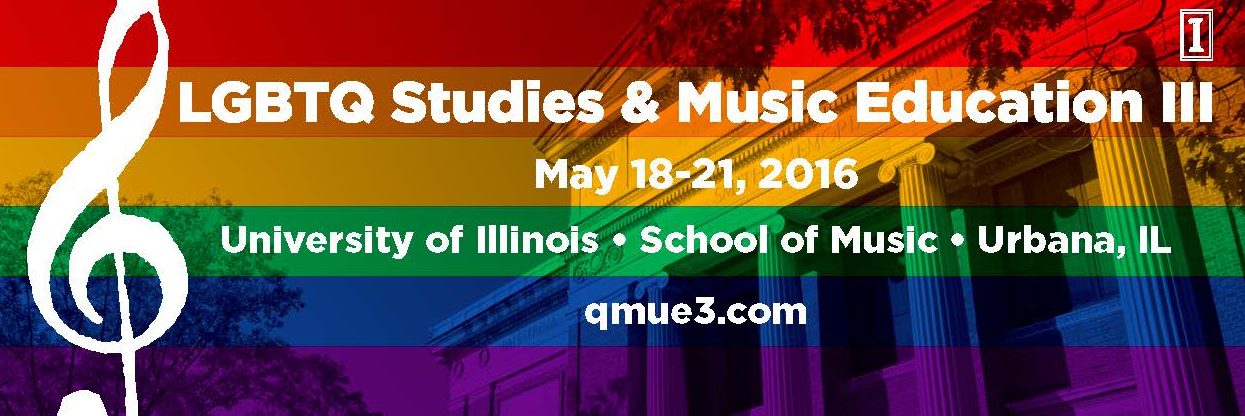James Kelley
Florida International University
Title:
Creating Community and Identity Through Karaoke Performance in an American Gay Bar
Abstract:
Many music educators are concerned with creating community within a context for developing musical skills. This case study examined how community, as well as identity formation, was fostered at regular karaoke events within a LGBT establishment in a city on the American west coast. The researcher used an ethnographic design, observing approximately 30 hours as a participant observer at karaoke events. Semi-structured and informal interviews with key players in the events, such as the karaoke jockey and regular performers, were also employed for additional data collection. Using an open coding system, the researcher reported themes that emerged from the data.
The physical space of the karaoke events emerged as an important catalyst for community and identity formation. The small interior of the venue caused the participants to interact with each other. Additionally, the designation of the venue as a “queer space” allowed participants to explore sexual and gender identities through performative acts of karaoke. Moreover, karaoke participants were able to be fluid in their sexual identity, changing their performative identity from song to song and rejecting a gay/straight binary.
Sexual orientation seemed to play less of a role in influencing the performances than one might expect and did not affect the performances in a uniform fashion. Some gay men would change the lyrics during a performance from a hetero-normative perspective. More often, gay male singers would perform a piece by a female artist as written. While gender or sexuality may have influenced performance choices, participants primarily performed songs that they believed they could perform competently and were enjoyable to sing, as well as what would be well-received by the audience.
Additionally, the application of Turino’s framework of participatory and presentational performance was used to examine how musical behaviors may encourage the formation of community and identity. Findings within this case study reveal the importance of the roles of the participants, the role of the facilitator, the agency of the individual, the fixity of musical forms, and musical texture to promote participatory experiences. Finally, the paper will conclude with how these findings can inform practices within music classrooms.

Leave a Reply
You must be logged in to post a comment.